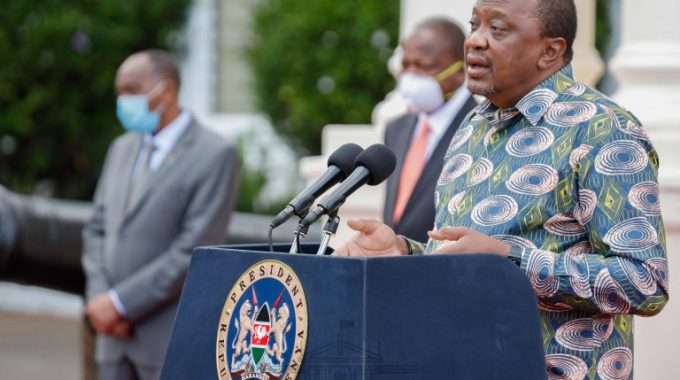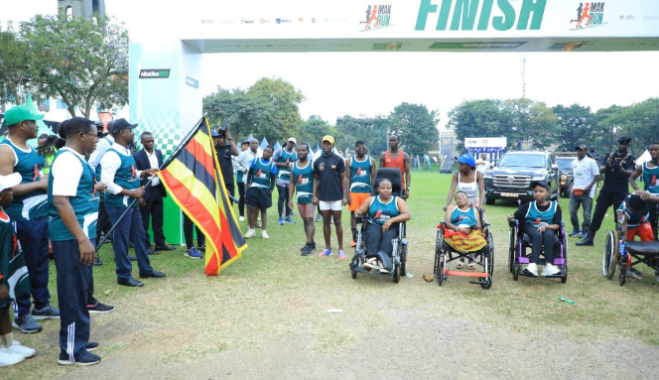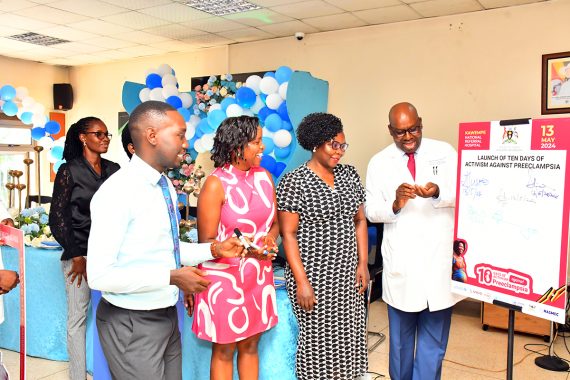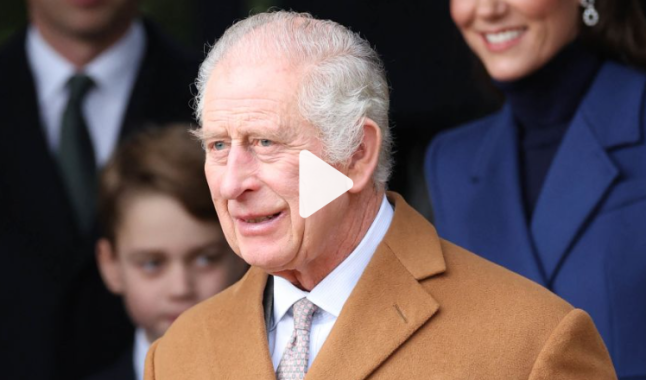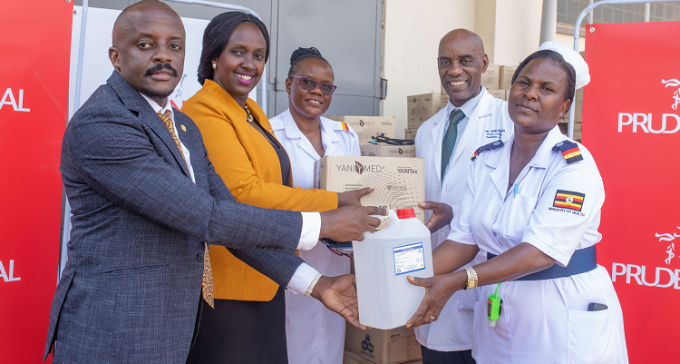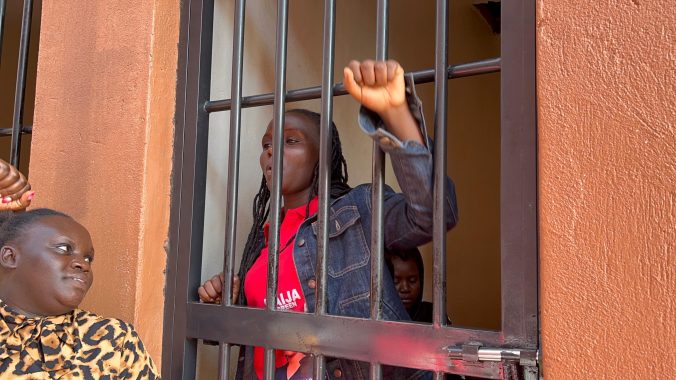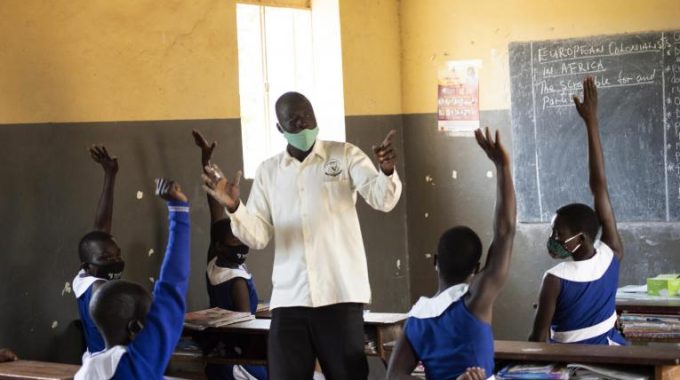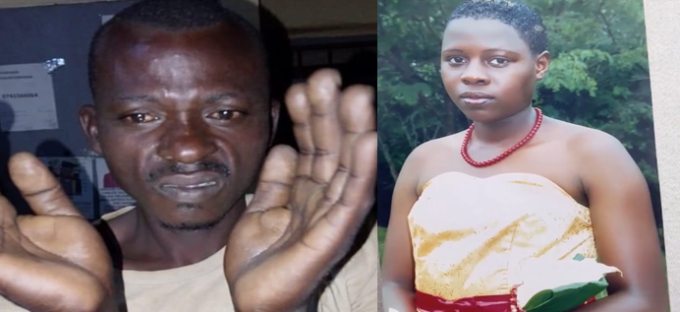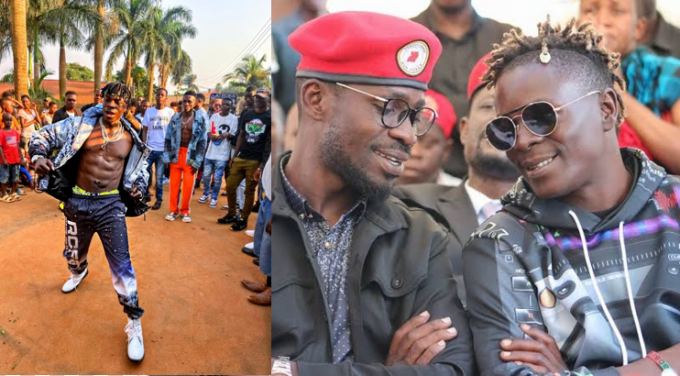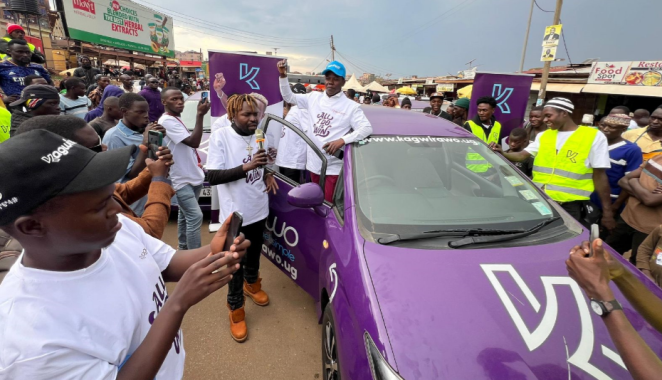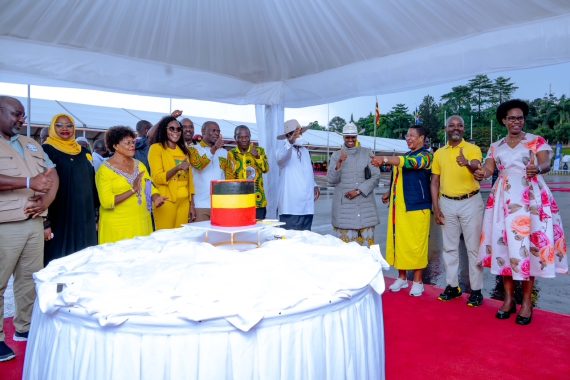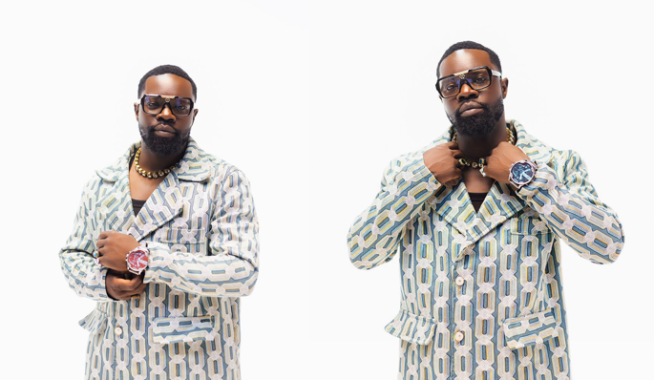President Uhuru Kenyatta has asked Kenyans to stick by the measures to tame the deadly coronavirus in his World Malaria Day message.
Uhuru, Thursday released a set of measures to help ease the coronavirus spread in the country.
The Presidential announced guidelines to manage the spread of Covid-19. They included suspending travel in and out of the country both on road and air. Uhuru restricted movement in and out of Nairobi, Mombasa, Kwale, Kilifi and Mandera counties.
He prohibited religious gatherings, social gatherings (funerals. weddings, parties), political rallies and events and unauthorised movement during curfew hours.
Uhuru in his call to the nation, urged the population to respect the measures to help the country reduce the burden on hospitals.
Here below is his full message;
As the world rolls out measures to contain the spread of the Novel Coronavirus pandemic, we must not lose track of the collective war against other diseases that continue to cause human suffering around the world.
Today, the 25th day of April 2020, we mark this year’s World Malaria Day. The World Malaria Day gives us an opportunity to reflect on the progress we have made in the fight against Malaria even as we continue implementing interventions to end the disease in Africa by the year 2030.
Malaria has ravaged communities for decades and is considered to be, largely, an African problem with Sub-Saharan Africa accounting for 93% of global malaria cases.
In many African countries, malaria is the leading cause of hospital visits which exerts unbearable financial pressure on households.
Global malaria statistics indicate that in the year 2000, approximately 839,000 deaths were as a result of Malaria infections.
In the last 10 years however, through increased resourcing, the world has been able to cut these deaths by 50%, an indication that Malaria can actually be defeated.
In Kenya, we have been able to significantly lower Malaria prevalence from a high of 6 million infections to 4.6 million over the last ten years.
This progress is largely a result of support and cooperation between the Government, development partners and our frontline health providers such as doctors, nurses and other cadres of our gallant medical personnel.
As Africa, we continue to proactively implement programs aimed at lowering the prevalence of Malaria on the continent with the ultimate goal of wiping out the disease by the year 2030.
We are doing this through increased investments in community health education, environment rehabilitation and increased access to treatment facilities.
These interventions have helped to improve prevention and recovery capabilities leading to the reduced malaria deaths on the continent.
While we are very proud of the progress we are making in dealing with the malaria challenge, we are aware that as a continent, we still have a long way to achieving our target of wiping out the disease by the year 2030.
The Covid-19 pandemic is a hurdle that risks stalling or at worst, rolling back the gains we’ve made in the fight against malaria in Africa.
The pressure the pandemic has put on our health systems, if not well managed, has the potential to disrupt provision of not only Malaria services but also other important healthcare interventions.
Therefore, as we confront this new global health challenge, we are required to strike a balance between our response to Covid-19 and sustaining our efforts against existing health threats such as malaria.
Failing to do so risks creating a situation where an upsurge in malaria cases could overwhelm our already overburdened health systems.
We should therefore continue strengthening our health systems especially at the sub-national and community levels by considering an integrated approach to managing the Covid-19 whereby malaria services are offered as part of the essential health package.
In Kenya, we are continuing to scale up our malaria prevention efforts through the distribution of over 15 million treated mosquito nets this year to cover 25 million vulnerable Kenyans even as we heighten our Covid-19 response.
In my capacity as the Chairperson of the African Leaders Malaria Alliance (ALMA), I reaffirm my commitment to continue working together with my colleagues, African Heads of State and Government, and other stakeholders in mobilising resources needed to defeat Malaria on our continent.
Going forward and as we mark this year’s World Malaria Day, the focus for ALMA remains:
Protection of the gains made in malaria control through prevention, treatment, and the roll out of interventions such as the malaria vaccine which is under phased implementation in Kenya, Ghana and Malawi;
Boosting Africa’s purchasing power and local manufacturing of critical medical supplies through regional partnerships and collaborations;
Increasing the engagement of our youth, “Malaria Army”, in the deployment of interventions in offering community service, surveillance, health education and advocacy; and,
Building on technology platforms and data capacity to combat Covid-19 and sustain the gains made in the fight against malaria.
In line with this year’s World Malaria Day theme of, “Zero malaria starts with me, you, all of us”, we are all called upon to play our part in maintaining our own health and that of our communities.
For our continent to win the battle against malaria and indeed the many health challenges we face including the Covid-19 pandemic, we must continue to cultivate close stakeholder collaboration and to invest more political, financial and social resources in our healthcare systems.
The uncertainty we are facing today in the fight against Covid-19 was once felt by those who began the fight against malaria and other diseases that mankind has defeated over the years. History therefore teaches us that no challenge is too big for mankind if we work together.
Once again, as ALMA calls upon us to acknowledge that zero malaria starts with me, let us also agree that zero Coronavirus infections start with me, you, all of us.

Award winning journalist and writer who has worked as a stringer for a couple of acclaimed South Africa based German journalists, covered 3 Ugandan elections, 2008 Kenya election crisis, with interests in business and sports reporting.




